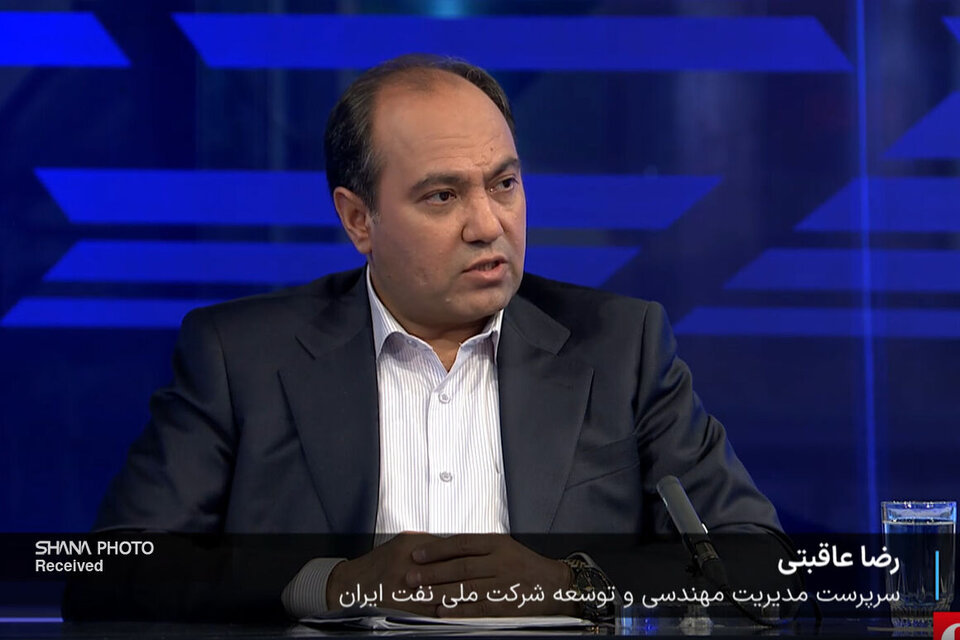Reza Aqebati, speaking Tuesday on an economic program on Iran’s state TV, emphasized the country’s exceptional oil and gas capabilities, noting that investment should be evaluated in three areas.
“The first is the foundation we operate on. Iran is recognized as the world’s top country in combined oil and gas reserves. These vast reserves provide the best platform and most suitable conditions for investment,” he said.
He added that the goal is to use modern knowledge, technology, and the expertise of domestic and international companies to bring production from these reserves to global standards.
“So far, we have signed 16 upstream contracts worth over $27 billion in investment, with nine contracts valued at more than $13 billion currently in the approval and implementation phase,” Aqebati said. Among the most significant projects is the South Pars pressure-boosting plan, signed last year with an investment of about $17 billion. These contracts enable new investors to partner with existing ones and accelerate project progress.
Managing investment risks
Aqebati noted that about 25 memorandums of understanding with domestic and foreign companies are under review, creating opportunities for new investors. Additionally, more than 100 oil and gas fields will be introduced for investment in upcoming events.
He stressed the importance of reducing investment risks, stating, “When we talk about a prepared foundation, we don’t just mean physical infrastructure. What matters more is managing risks such as legal issues, guarantees, and currency transfers. If these challenges remain unresolved, we may not achieve the expected outcomes from this major, transformative oil industry plan.” Fortunately, these factors have been addressed in contract designs.
“By diversifying upstream contracts, we have streamlined the contract maturation process and created a secure environment for investors,” he added.
Gas flaring reduction plans at 45 sites
Aqebati highlighted that Iran’s oil industry, as an international sector with influence beyond geographical borders, has long faced challenges in attracting foreign investment. “To achieve economic growth and sustainable development, we must facilitate foreign capital inflow and optimize the international landscape,” he said.
He pointed to NIOC’s efforts in fostering domestic and foreign investment opportunities, stating that greater cooperation at the government level and streamlining contract approval processes are essential. Special measures, including faster environmental permits and eased regulations for using domestic equipment, have also been pursued in joint field negotiations.
On technological barriers, Aqebati explained that upstream oil contracts include technology transfer clauses. By activating the oil industry’s technology park, opportunities for knowledge-based companies to contribute to sector development have expanded. Contracts also mandate managerial share transfers to Iranian partners to strengthen domestic capabilities.
Regarding environmental and energy efficiency measures, he said a zero-flaring policy is a key requirement in all contracts, with gas flaring collection packages introduced at 45 operational sites. By adopting modern standards and clean energy, NIOC is working to reduce fossil fuel consumption and transition to renewable energy.


Your Comment